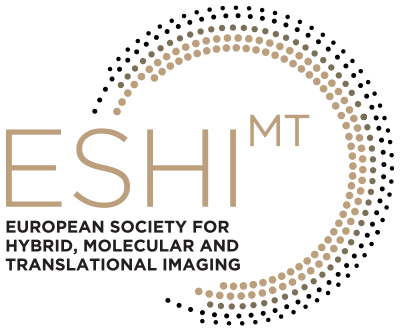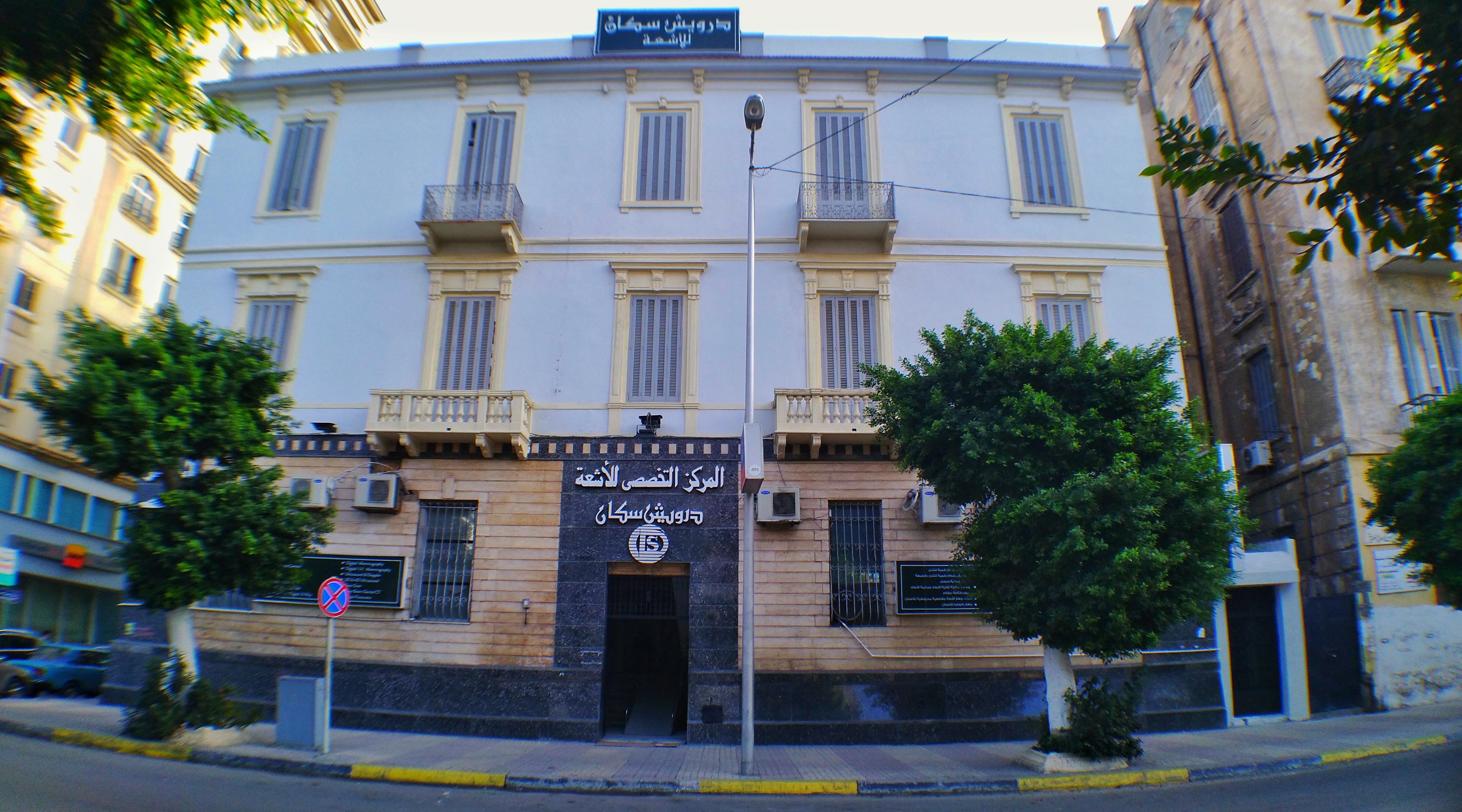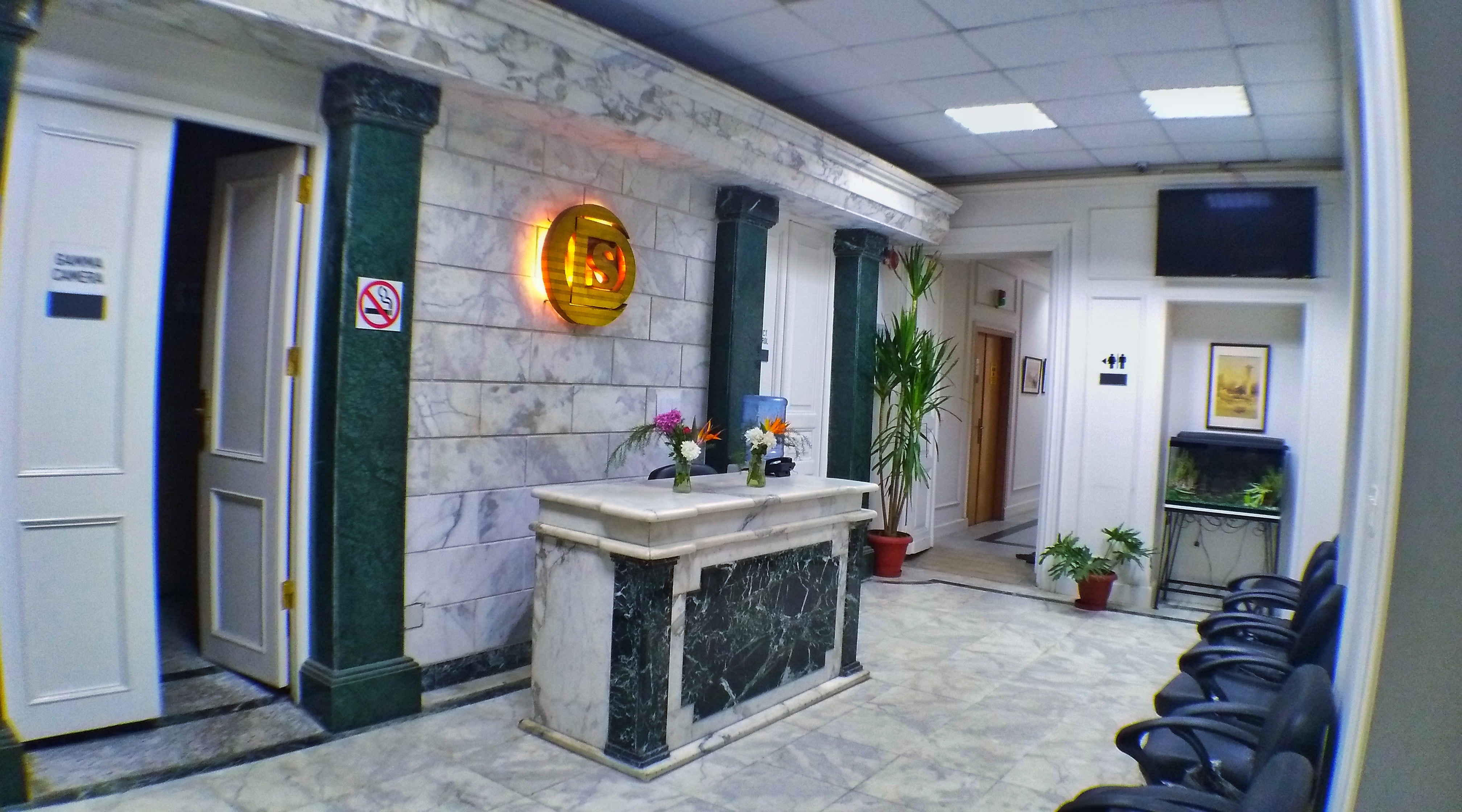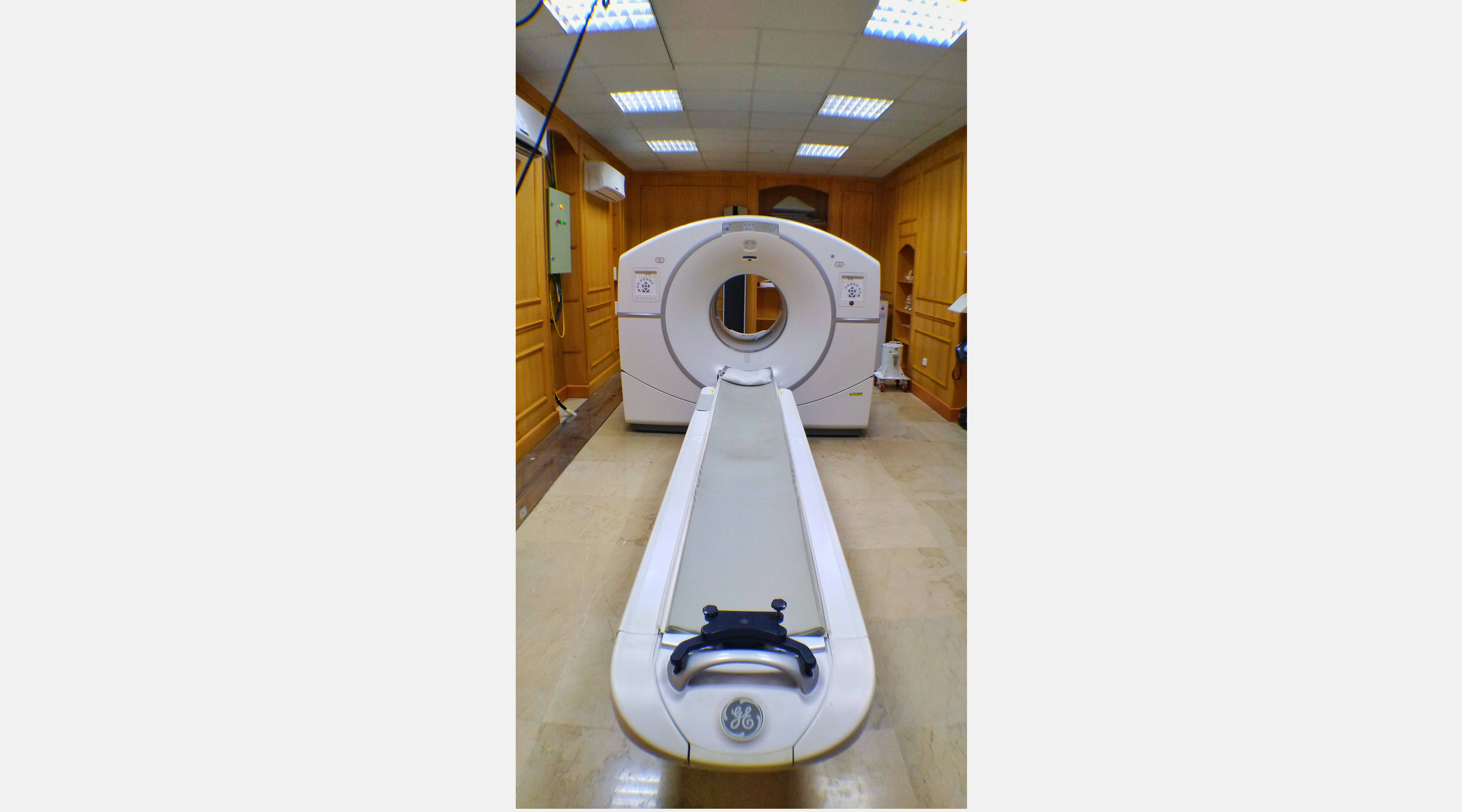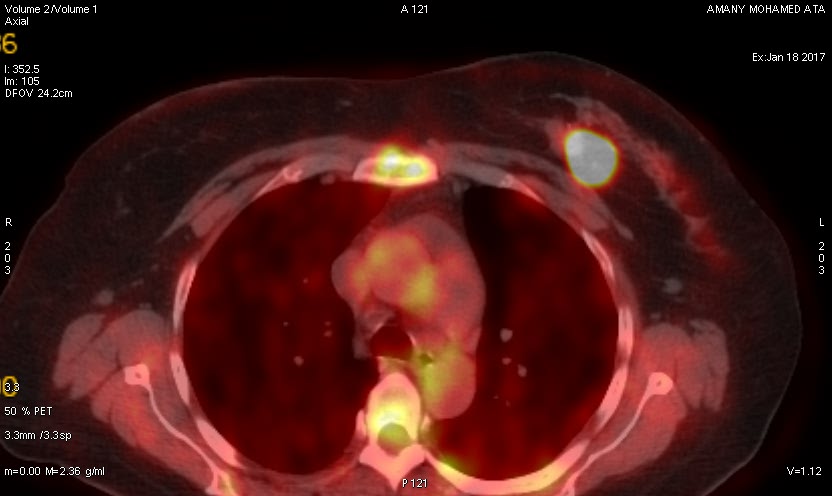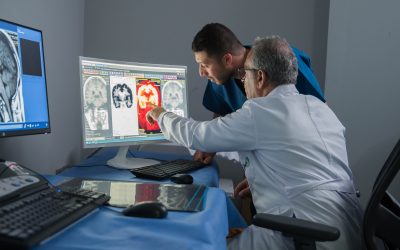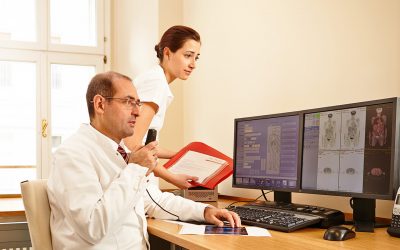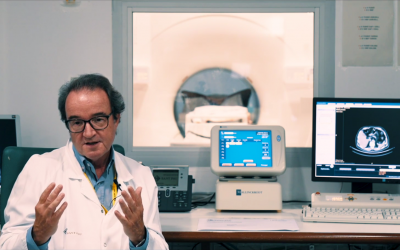About the centre
Darweesh Scan Center (DSC) is a for-profit diagnostic imaging center in Alexandria, Egypt that was founded in 1993 by Prof. Dr. Reda Darweesh and Prof. Dr. Soad Kishk.
Darweesh Scan Center has led the Egyptian diagnostic imaging market over the past 25 years and has grown to become a center of excellence renowned for its efficiency, accuracy, advanced technology and reporting capabilities. DSC enjoys a strategic location adjacent to the Alexandria Faculty of Medicine and near many leading physicians’ clinics. The premise is itself a landmark building of neo-classic architecture. The entire facility is dedicated to the medical practice.
Our staff of renowned professors, our state-of-the-art technology and our focus on continuous learning have earned us the reputation of an advanced imaging center with the capability of diagnosing the most difficult cases with critical accuracy and efficiency.
Darweesh Scan Center houses the most advanced equipment in the field of radiology; our technology includes among other equipment a GE 3-Tesla MRI and a GE 5-ring PET-CT. The latest equipment and reporting infrastructure allow us to deliver the best service to our patients. All examinations and imaging at Darweesh Scan Center are organized and retrieved using a sophisticated GE PACs system whereby patient information is safely stored and easily accessed in follow-up cases.
Visit their homepage: www.darweeshscan.com
Read their brochure: here
5 Questions to
Dr. Prof. Dr. Reda Darweesh
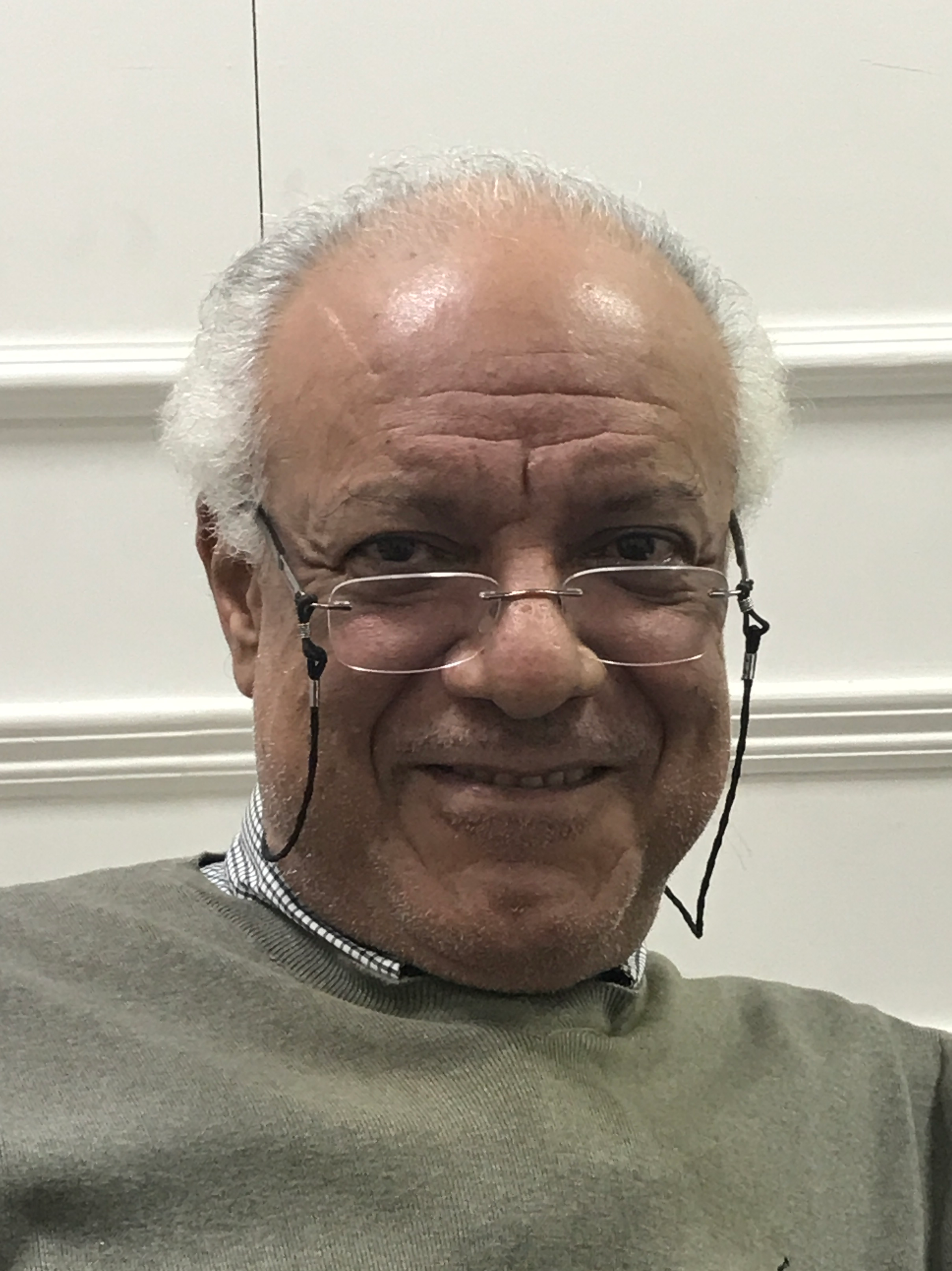 How does the centre work with hybrid imaging?
How does the centre work with hybrid imaging?
At Darweesh Scan Center we have a Nuclear Medicine division that houses a GE 5-Ring PET-CT and a GE Dual Head Gamma Camera. The facility also includes a Hot Lab and specialized waiting areas for patients that are administered radioactive materials. DSC provides whole-body PET CT imaging, Bone Isotope Scan, Gallium Scan, Meckel’s Scan, MIBG, Parathyroid Scan (Sestamibi), Thyroid Scan, Renal Scan-DMSA and Renal Scan-DTPA.
What is the newest instrument in your program? Why did you choose that one in particular?
The most recent addition to the DSC Nuclear Medicine unit is the GE 5-Ring PET-CT Discovery IQ. We strive as a center to provide our patients with the most advanced equipment and the highest levels of service and diagnostic capability possible. GE is a longstanding partner of DSC and as such this was a natural extension for our facility.
How do the benefits outweigh the costs?
The benefits of hybrid imaging include more accurate diagnosis for cancer staging and reduced imaging costs for patients on the long run.
How do Radiologists and Nuclear Medicine Physicians collaborate at your medical center?
Our patients are received at our Nuclear Division where a Doctor (Radiologist) and Nuclear Medicine Physician will collaboratively record the patients’ history and prepare the patients for the PET-CT examination. The FDG dosage is determined by the team and administered by the Nuclear Medicine Physician. After the waiting time the patient is imaged on the PET-CT by the Nuclear Medicine Physician and he/she will inform the patient of the precautionary procedures before they leave our premises. The Radiologist will review the imaging sequences to confirm they are satisfactory and then proceed to report on the case.
What will the future hold for hybrid imaging?
We believe that hybrid imaging holds a very promising future as it will become a routine procedure for full-body scanning (to rule out cancer) and staging. Much like other modalities which took time for physicians to become accustomed to in the beginning and then became mainstream, we believe the PET-CT is gaining traction and familiarity amongst referring physicians and will soon become a rather frequently ordered examination for many to benefit from.
Prof. Dr. Reda Darweesh
|
Prof. Dr. Darweesh’sCase to Remeber
|
Would you like to publish your centre on our website and share your story with our community?
Contact: office@eshi-societ.org
More Stories
ESHI Story No. 8
Misr Radiology Center
(Cairo, Egypt)
ESHI Story No.7 (Video)
PETSCAN Vienna
(Vienna, Austria)
ESHI Story No. 6 (Video)
Nuclear Medicine Department / Hospital Sant Pau
Barcelona, Spain
